“When I was a young mother in the early 2000s, I started working at an after-school program in our hometown of Gary, Indiana. At this program, we served our community – which was a largely Black inner city population – by offering tutoring and mentoring services to public school students. It was there that I realized our public school students were not being served the way public school students in different zip codes were being served. I found out that educational standards and funding could differ dramatically based on the zip code a family happened to live. I learned there were a lot of parents who were desperate for educational options, but were basically trapped in the system.”
“I realized the education system was failing those who needed it most.”
“Then, I heard about this thing called ‘school choice’ for the first time and thought it was such a cool idea. I grew up in public schools and had always felt like public schools were the only option for students – and a great option. But I realized some people could use other options.”
“I didn’t have any kind of bias about the politics of it, because I didn’t know the politics of it. I just thought school choice was the perfect solution to the issues parents were facing. It was when I got involved in advocacy for school choice and got to know the politics of it that I realized it’s not that simple for other people – especially because money is involved.”
“People have this misconception that school choice is a push to privatize schools. In 2022, I ran for school board in my district and charter schools were a hot-button issue. The school board acted as though charter schools were interlopers and they never told people that charter schools are public schools. There is a section of people in our society who really believe people who want school choice just want to give tax dollars to private schools. And that’s not it at all. It’s about autonomy. It’s not about choosing between private and public, it’s about choosing between all options for how to use your tax dollars for education.”
“This one-size-fits-all idea of education is grossly damaging, especially in an era where we’re talking a lot about – and so sensitive to – cultural differences. We’re recognizing how diverse our population is, so why wouldn’t we extend that to diversifying education? It would mean a lot more kids can have access to an education that really speaks to their individual needs. And that’s very innovative.”
“We moved from the inner city to a suburban area and we’ve sacrificed a lot to live in this school district for our two kids. Most of us get our jobs through people we know – that’s normal. But, if you come from an area where you aren’t surrounded by people who have opportunity, you don’t have the really valuable network you need to get out there and expand and grow and find new opportunities.”
“There is an inequality of opportunity. School choice gives kids proximity to opportunity. And with that, they can pursue the American dream. And that outcome might be different than your neighbors. But the opportunity is the same. It’s just what you do with it.”
“If people can focus on the students rather than on the politics of school choice, we can understand that we owe our children every opportunity. We can work on improving our public schools while giving children who are suffering in poorly performing districts the option to go to schools that are really going to cater to their needs, and then we can focus on why these certain public schools aren’t working.”
“There are a lot of people who say we should give the public school system more money – but we’ve been doing that for years and it’s not helping. Then they say give it more time. But school is only 12 years for a student. Childhood is fleeting, so whose child has to be the one that you sacrifice while you’re waiting for things to change?”
Kira Davis
Orange County, California
Kira Davis is a journalist, published author and the host of The Just Listen To Yourself Podcast. She is a parental rights activist and previously served as the Executive Director of the SOGAE Technology Center in Gary, Ind., an after-school program that offers tutoring and mentoring to inner city students.
